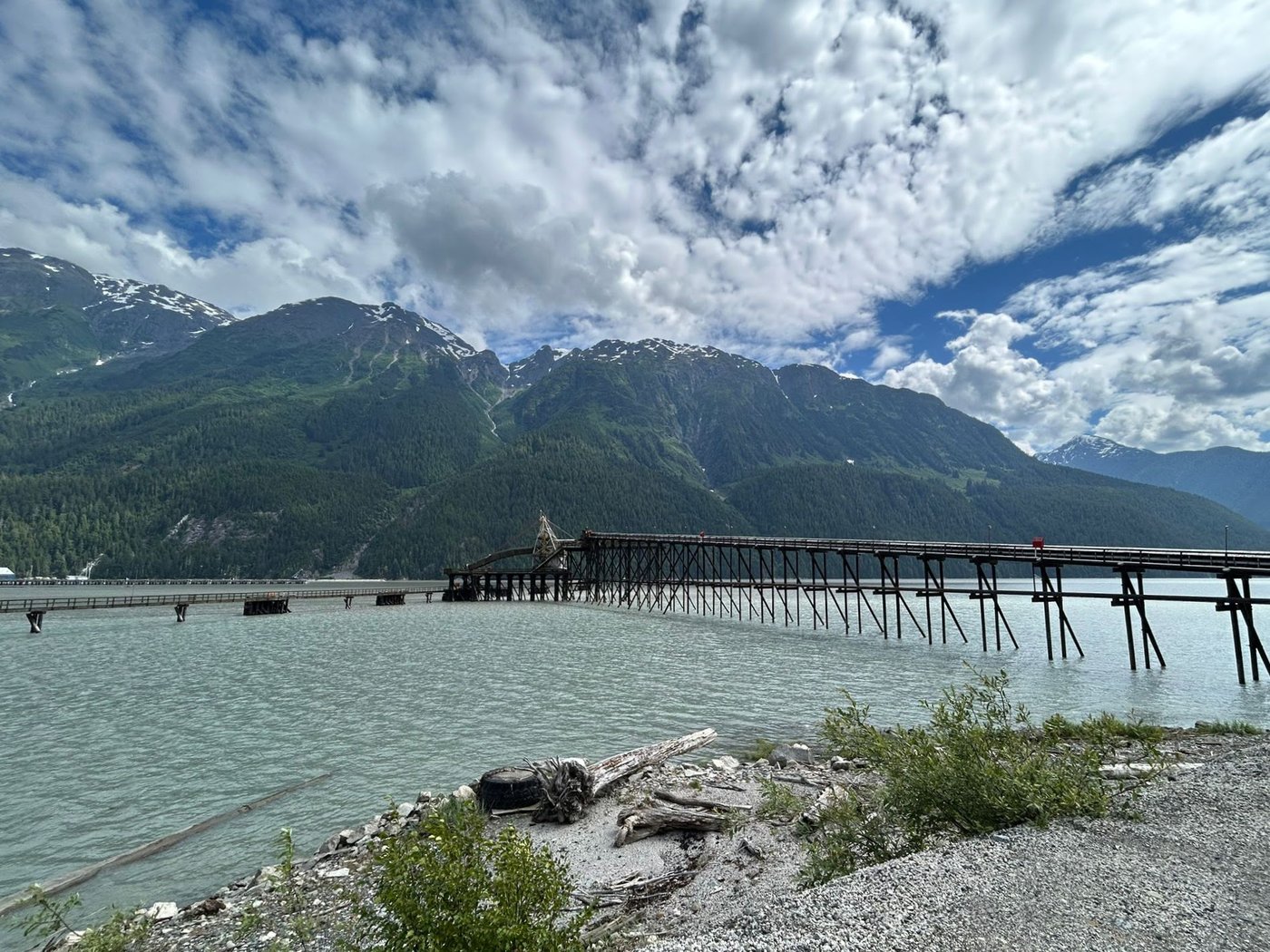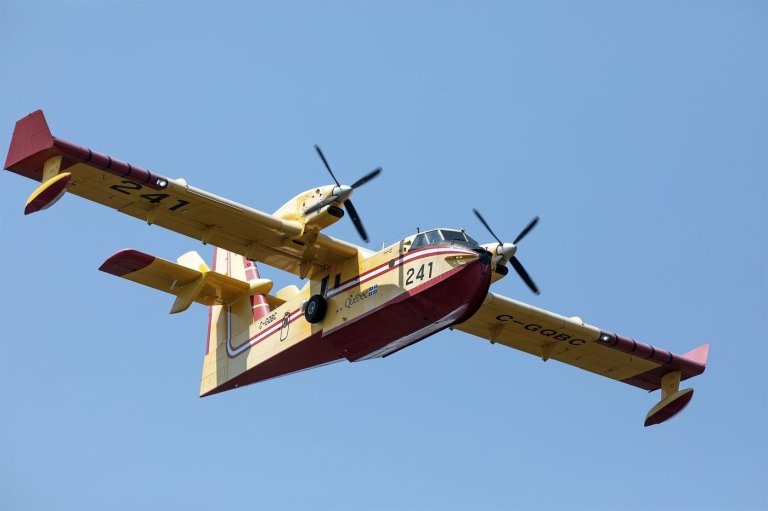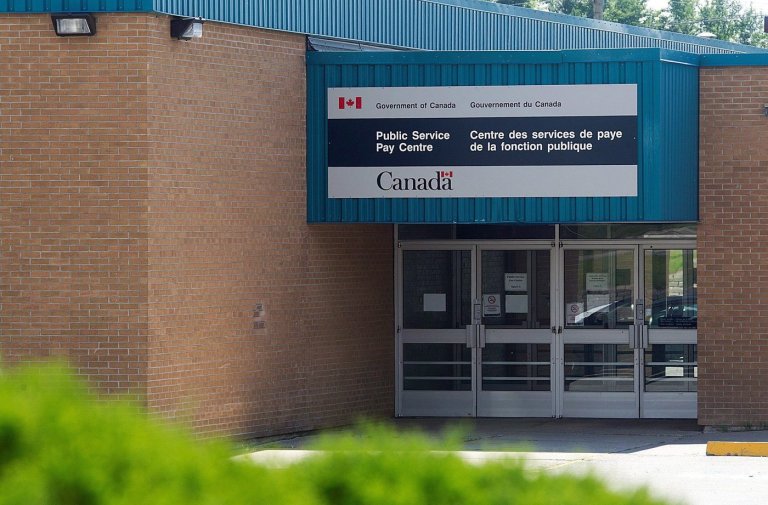
First Nations partnership to buy B.C. port terminal that moves critical minerals
STEWART, BRITISH COLUMBIA, CANADA — Two First Nations have formed a joint partnership with a transport company to purchase the Port of Stewart bulk terminal on the Portland Canal that separates British Columbia and Alaska.
The Nisga’a and Tahltan nations and Arrow Transportation Systems say in a statement the deal to buy Stewart Bulk Terminals Ltd., which owns and operates the facility in Stewart, B.C., is expected to close in coming months.
Kerry Carlick, president of the Tahltan government, says the deal is “making history” and will drive economic growth and self-determination, while Eva Clayton, president of the Nisga’a Lisims government, says it’s a chance for “economic reconciliation.”
The three equal partners say the deepsea terminal’s primary purpose is transporting critical minerals such as copper concentrate to market from sources including Newmont’s Brucejack and Red Chris mines in Nisga’a and Tahltan territories.
The price of the terminal isn’t included in the statement, but it says the province provided a $5-million grant to the Tahltan and Nisga’a nations to support the purchase.
The statement quotes B.C. Premier David Eby saying the joint venture furthers reconciliation while creating jobs and “demonstrating how British Columbia will become Canada’s new economic engine.”
The partnership between the Nisga’a Nation, Tahltan Nation Development Limited Partnership, and Arrow Transportation creates a new entity called the Portland Canal Holdings Limited Partnership that is also launching a new transportation business by consolidating two regional trucking operations.
The joint statement says northwest B.C. is home to more than half of the province’s exploration and mining sector.
“By strategically supporting the flow of critical minerals, the Nisga’a and Tahltan Nations are now positioned to optimize revenue generation, create new business opportunities, and further stimulate economic growth within their respective economies and the wider economies of B.C., Canada, and beyond,” it says.
Arrow’s executive vice-president, Tim Bell, says consolidating the terminal and its trucking operations creates an integrated supply chain, and the project reflects a commitment “to working with Indigenous communities as equal stakeholders.”
The statement says the terminal has six full-time employees and handles about 260,000 tonnes of copper and gold concentrate annually, operating at 50 per cent of rated capacity.
This report by The Canadian Press was first published Aug. 25, 2025.
Join the Conversation!
Want to share your thoughts, add context, or connect with others in your community?
You must be logged in to post a comment.



















